-
•
•
3 responses
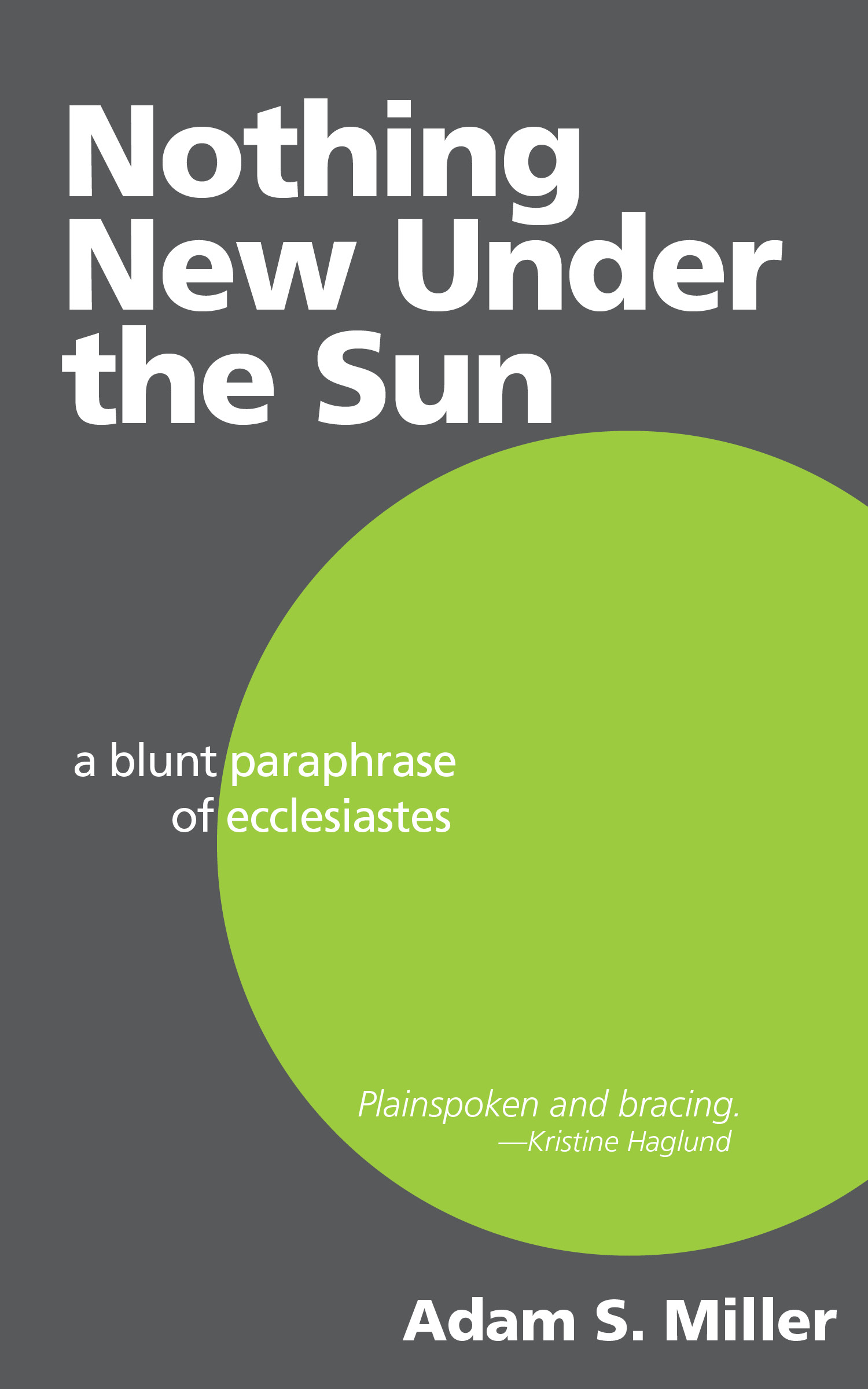
An excerpt from the first chapter of my recently released book, Nothing New Under the Sun: A Blunt Paraphrase of Ecclesiastes: Chapter One Privileged, loved, educated, wealthy, this is what I saw: emptiness, futility, vanity. Everything is ephemeral. Everything crumbles to dust in your hands. Everything passes away. There is no escape. What good does it do to work hard and get ahead? Whole generations are born, suffer, work themselves to exhaustion, and die with nothing to show for it—all while the world spins in place, unmoved by their coming or going. The sun rises, the sun sets, and then… Read More
-
•
•
44 responses
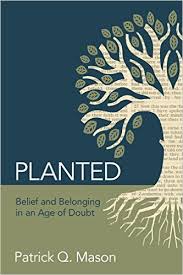
Patrick Q. Mason’s Planted: Belief and Belonging in an Age of Doubt (2015) is the latest entry in the New Mormon Apologetics field. From the credits page: “This book is the result of a joint publishing effort by the Neal A. Maxwell Institute for Religious Scholarship and Deseret Book Company.” That is a promising partnership. The broad and inclusive message of the book is badly needed by the general membership of the Church and by local leadership. Having the book on the shelves at Deseret Book (or hopefully on a display table up front) is the best way to get… Read More
-
•
•
11 responses
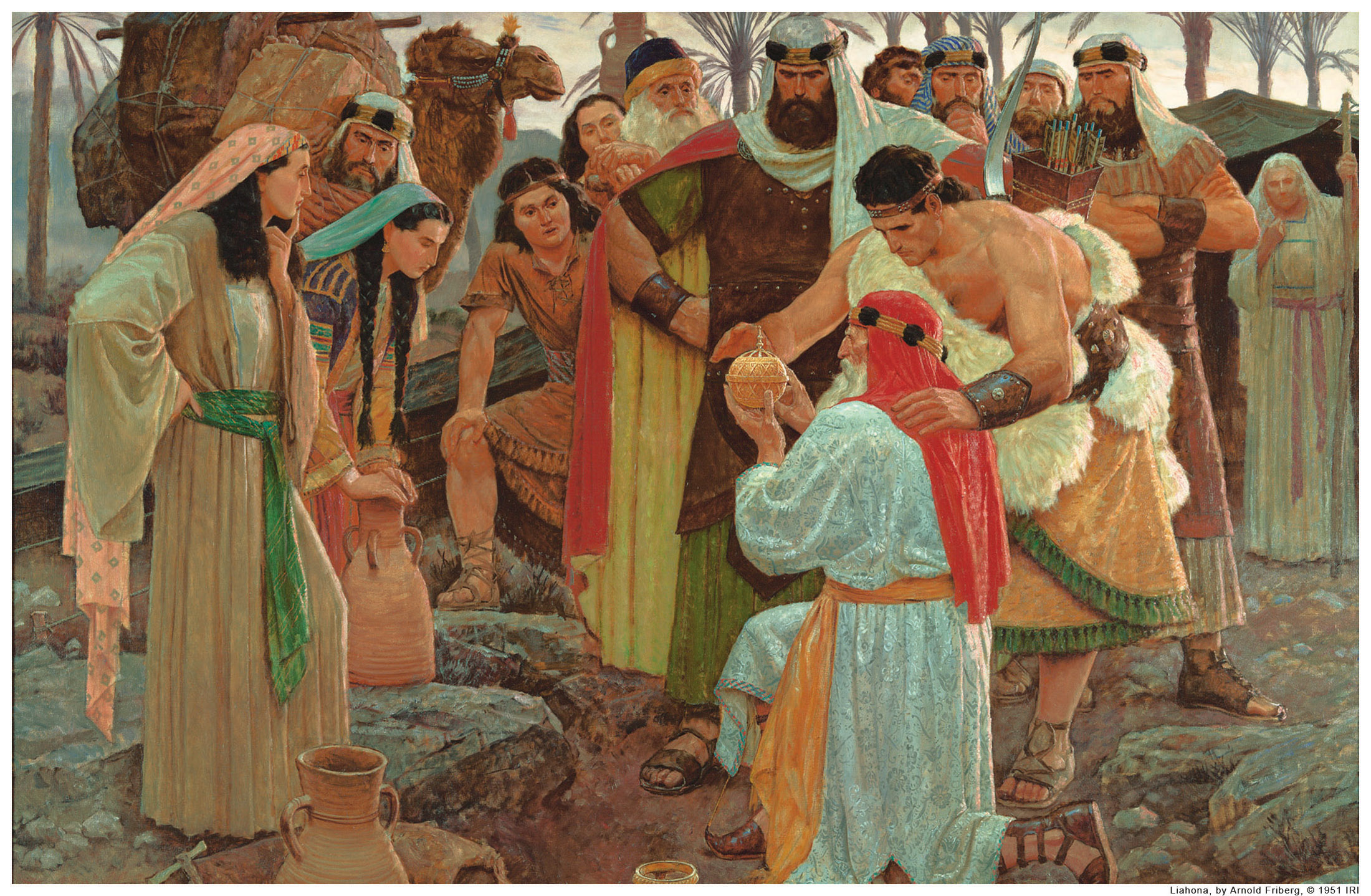
Behold the condescension of God. Earlier, the angel asked Nephi if he understands it, and Nephi admits that he does not. Now the angel tries to show him. But what is it that Nephi sees? First is the mere fact of the Redeemer going forth. I’ve often heard it interpreted that the condescension is actually that of Jesus, the Jehovah of the Old Testament, willing to come down incarnate among mortals and subject himself to their rejection and cruelty. I’ve nothing against this interpretation, though it strikes me as merely a remnant of traditional Christian theology. But here there is… Read More
-
•
•
29 responses

It’s almost Pentecost, when the Holy Ghost went wild, which brings to fiery minds the thought of not only that particular world-turned-upside-down event but assorted others a whole lot like unto it, which other events alas never got their own red-letter day on the calendar, even though they probably deserved to, and so it occurred to me, why not just piggyback them all onto Pentecost, given their decidedly Pentecost-like qualities, and commemorate them all together, and not just as something dead and done and so last year, but as something with very possibly bone-shaking and world-rocking consequences right here and… Read More
-
•
•
16 responses

The most powerful connection for me in all of this . . . is the striking fact that the point of the word of God is to lead to the love of God. This is surely the chief constraint on any scriptural hermeneutics. Read More
-
•
•
13 responses
The changes in construals of the self discussed in the last post were merely the flip side of new construals of sociality. This pairing helps correct narratives about the modern “rise of individualism” at the expense of community; individualism is learned, not natural, and “belonging” is an innate need that does not disappear with modernity. Rather, the sources of belonging become impersonal, direct, and “flattened.” We shift from a pre-modern social model where members are embedded within a hierarchical chain of being to one in which members of society perceive their fellow citizens and the political order as instruments to achieve… Read More
-
•
•
26 responses
The Salt Lake Tribune recently published an article called “How outdated Mormon teachings may be aiding and abetting ‘rape culture.’” While I am also concerned about ways in which Mormon culture may encourage rape culture (see here and here and here), I want to push back against one portion of the article. Read More
-
•
•
5 responses

This whole vision, stretching over the next few chapters, is difficult; I’d say downright oblique. Read More
-
•
•
65 responses

Sunday night, Elder Richard J. Maynes, of the Presidency of the Seventy, delivered a CES Devotional on the First Vision. In particular, he made explicit reference to the four first-person accounts of the First Vision authored by Joseph Smith that we have. [See the text of the four accounts at this handy page at the JSPP site.] He also referenced the Gospel Topics essay “First Vision Accounts.” It is encouraging to see senior LDS leaders incorporate the essays and the scholarship coming out of the Church History Department into their talks and recommend this material to the general membership. This… Read More
-
•
•
25 responses
I love doing close readings of scripture. The normal way to do this is reading linearly through the entire book of scripture. An other great way is to study by topic. Each helps you see things you might miss using only the other method. While I’m glad our gospel doctrine has encouraged reading all scripture, part of me kind of wishes there was something akin to the Gospel Principles class. Just with broader topics and focused on reading our key texts rather than simple answers. My goal here is to do that sort of thing with a particular focus on the… Read More
-
•
•
64 responses
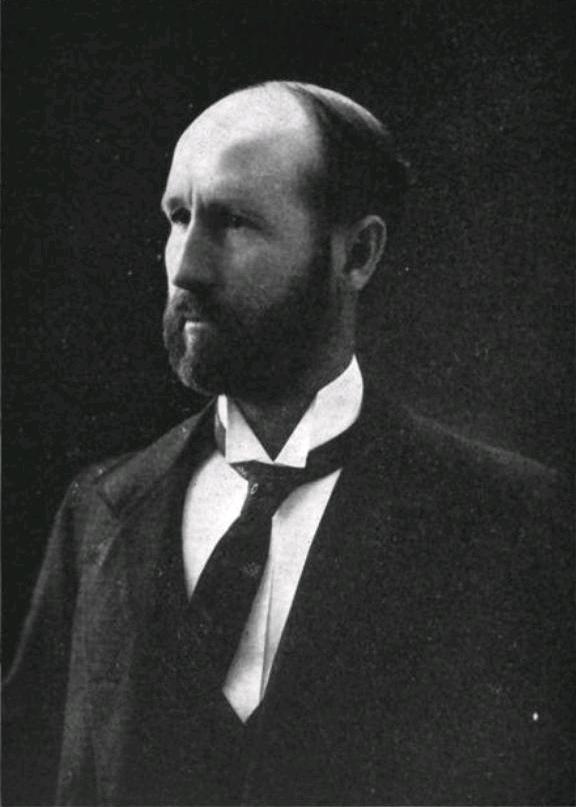
Many of you may have seen the J. Golden Kimball stage show from a number of years ago. He was the infamous swearing general authority. I must admit I first heard it on my mission when a companion had some tapes of the show. We were in the southern states where J. Golden had served as a mission president during its more dangerous era. It was a very different portrait of general authorities than I was used to. One of the best known stories was his going off and telling wards they were going to hell. He was sometimes told… Read More
-
•
•
112 responses
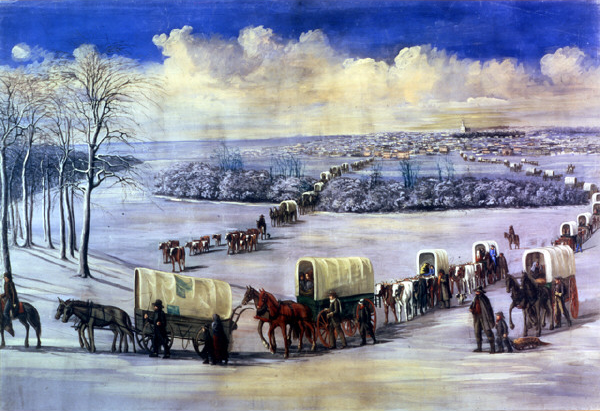
Two items came across my news feed yesterday: Read More
-
•
•
23 responses

The man who killed our former Secretary of Health, dr. Borst (see my last blog), will be institutionalized with mandatory psychiatric treatment, for a period as long as is deemed necessary by the experts, till they deem him no longer a threat to society. The judges opined that he was completely unaccountable, living in a totally parallel world. He had set out to kill his sister, and then ‘God told him’ on the spot to kill dr. Borst; he killed his sister later. The prosecution had demanded 8 years in prison first and then institutionalization, and considers to appeal the… Read More
-
•
•
27 responses
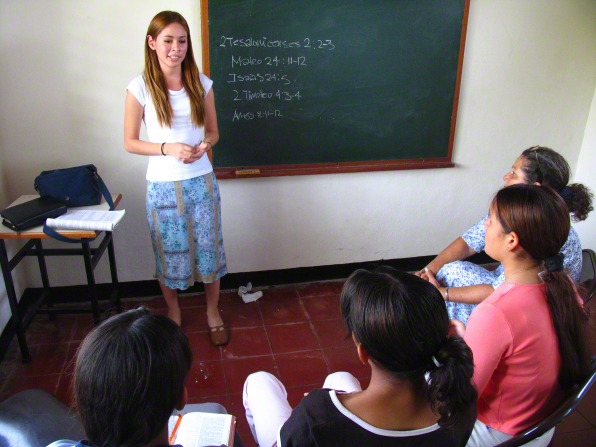
I stumbled upon this manual, a new teacher development guide released by the church. It is quite similar to previous iterations of the church’s teacher materials, with two significant differences: Read More
-
•
•
9 responses
(Links to Rounds 1 , 2, and 3) In the previous chapter, Taylor outlined some of the main “bulwarks” of enchanted belief that had to give way for exclusive humanism to eventually emerge. In Chapter 2, the “Rise of the Disciplinary Society,” Taylor examines some of the new construals of self and society that would help make that shift possible: the development of a “disciplined, disengaged stance to self and society” (136). In doing so, Taylor continually reminds us of the “zigzag” nature of this trajectory; instead of an inevitable subtraction of enchanted beliefs or transcendent references that culminated in a purely immanent… Read More
-
•
•
55 responses
Imagine you walk outside under a beautiful blue sky, the sun warm on your skin. Now someone comes up to you and tells you that you must believe the sky is orange and the air cold. Can you do it? If not, does that mean your beliefs are freely chosen? Can you choose to believe? Read More
-
•
•
9 responses
As rumored for a while the Huntsman family has bought the Salt Lake Tribune. Both the Tribune as well as the Deseret News have been struggling for quite a while. The drying up of classified ads has hurt newspapers across the country the last 15 years. For a relatively small market like Utah to have two major papers really has been difficult economically. However unification has always been controversial due to the relationship of both papers to the whole Mormon question. Historically the Salt Lake Tribune arose to be a critical voice against Mormons. It was part of the Godbeite… Read More
-
•
•
56 responses
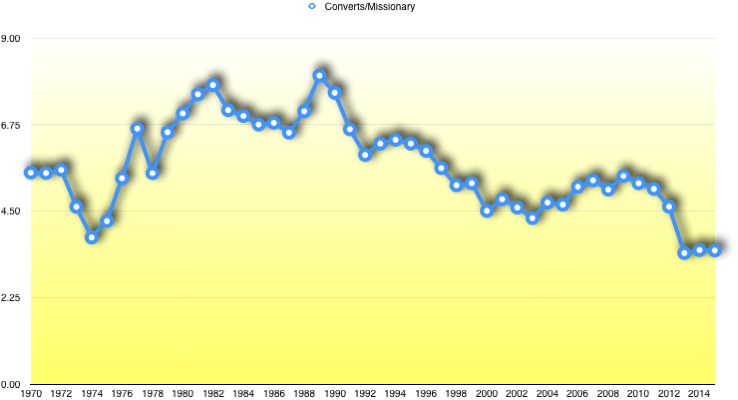
A few years ago in October 2012 the Church dropped the age for missionaries from 19 to 18 for men and 21 to 19 for women. There are various speculations of why the Church did this although I don’t think anyone knows for sure. (A popular explanation is that it cuts down on young men leaving the church when they go to college for their Freshman year) Regardless of why the Brethren did this, at the time I was concerned that it would lead to less effective missionaries. We now have a few years worth of data so we can… Read More
-
•
•
22 responses
We’re delighted to welcome Clark Goble back to T&S! Clark grew up in Canada in that part that appears like a strange looking foot extending south and east of Maine. There in the city of Halifax he watched the church grow from a small branch into numerous wards eventually even getting a temple. His father taught physics there which must have been addictive since both Clark and his brother studied physics as well. Clark always dreamt of going on a foreign mission and prayed that this would be so. He soon realized that God both had a sense of humor… Read More
-
•
•
45 responses

The most interesting talk at UVU’s just-completed Mormonism and the Art of Boundary Maintenance Conference was by Jana Riess: “Mormon Millennials: Assimilation or Retrenchment?” Jana gave a preliminary report of research she is doing for a new book on the subject. She defined the Millennial generation as those born in the 80s or 90s. Others define it as those born between 1982 and 2004. Are you a Millennial? Glad you’re here. Hope you stay. Read More
-
•
•
19 responses
This pamphlet contains advice about adjusting to missionary life. And while I am sure it would be particularly helpful for missionaries, it covers things everyone needs to know. It is humane and gentle, based in gospel principles, and reflects sound thinking about mental health. Read More
-
•
•
37 responses

Right now in the Netherlands a man stands trial for the murder of former Health Secretary, Els Borst. The culprit has confessed, stating in his defence that God commanded him to kill dr. Borst as she was responsible for the new euthanasia laws. The immediate reaction of the Dutch public is that he is insane; also the court does not take his claim seriously. Now, such a claim in a murder case is rather new for the Netherlands, but in the USA this kind of delusion may sound familiar, like in attacks on abortion clinics. Claims on God’s command can… Read More
-
•
•
22 responses
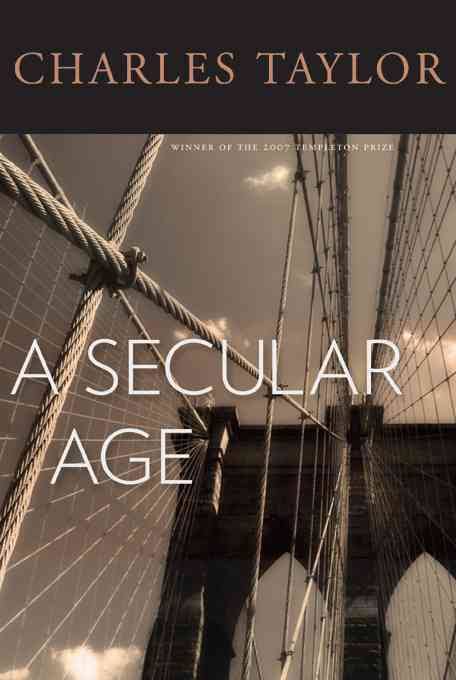
(Links to Rounds 1 and 2) These next several posts will cover chapters in Parts I-III, which comprise Taylor’s account of the western historical trajectory towards secularity, from the enchanted world of 1500 AD to the disenchanted and pluralistic one of 2000 AD. Overall, Taylor’s historical account challenges the “subtraction” stories that explain the road to modernity as one in which human beings have “lost, or sloughed off, or liberated themselves from certain earlier, confining horizons, or illusions, or limitations of knowledge” [1]. According to Taylor, this naive and selective view fails to account for the “positive” developments and changes in… Read More
-
•
•
14 responses
I was a radical feminist for about 48 hours in 1995. Sitting in the Marriott Center as a 20-year-old BYU student, I listened to President Hinckley read the Proclamation on the Family for the first time to the assembled masses. And oh how I seethed! It felt intolerable to be defined from outside, to be told who I am and why and what that meant. I remember walking directly to the library afterward, sitting at a carrel and furiously scribbling my objections on the back cover of the packet of readings for my feminist literary theory seminar. Gender was a social construct!… Read More
-
•
•
91 responses
After a turbulent six months, many were expecting some bold declarations at this weekend’s General Conference. That did not come to pass. Just a few weeks ago, Elder Ballard directed CES teachers to stop teaching folklore, stop evading tough questions from students, and start reading publications by faithful LDS scholars. In his Saturday afternoon Conference talk, Elder Ballard talked about … family councils. Late last year, President Nelson announced that what has become known as “the Exclusion Policy” was not a policy, it was a revelation and is here to stay. In his Priesthood session talk, President Nelson talked about… Read More
-
•
•
25 responses
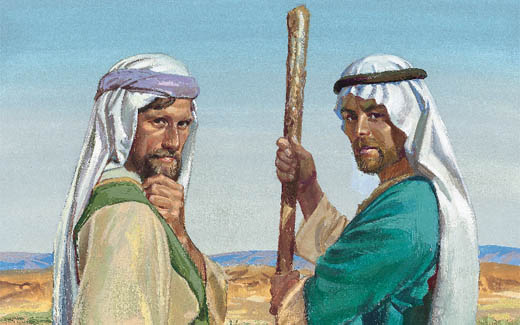
I very much enjoyed Elder Renlund’s comments on entitlement. First, because he made clear one of the reasons why we should be very conscientious about how we give help. It affects the receiver’s spiritual progression. Second, the King Benjamin-esque tie-in to all of us who, like any Church welfare recipient, are beggars before God. Lastly, because while he laid into bad attitudes, whining, and murmuring, his central story was about someone missing the sacrament. A story whose happy ending relied upon a saint telling the Branch President, one hopes charitably, that a priesthood holder, a deacon in this case, made… Read More
-
•
•
4 responses
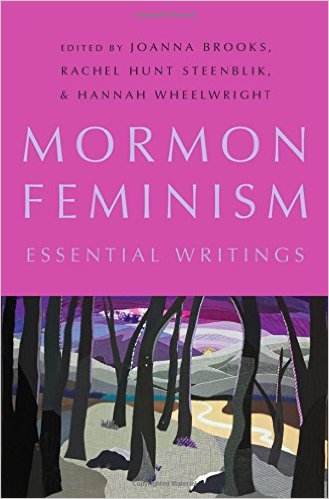
I enjoyed reading Mormon Feminism: Essential Writings (OUP, 2016), a 300-page collection of articles and essays on Mormon feminism spanning the 1970s to the present. That I enjoyed it says a lot, as feminism isn’t really my thing. The editors (Joanna Brooks, Rachel Hunt Steenblik, and Hannah Wheelwright) did a great job not only selecting the articles and essays to include in the volume but also paring down the size of the excerpts of longer articles so more pieces could be included in the volume. They also penned very helpful introductions to each piece. Consequently, a reader like myself who… Read More
-
•
•
10 responses

This guest post was written by Lauren Baldwin, based on the paper she presented at the recent Association for Mormon Letters conference. Lauren is a professional writing student at BYU-I. After the 2012 mission age change, she was part of the first group of nineteen-year-old sister missionaries to serve in the Kentucky Louisville Mission. She works in technical communication and sometimes writes creative non-fiction on rainy days. Read More


